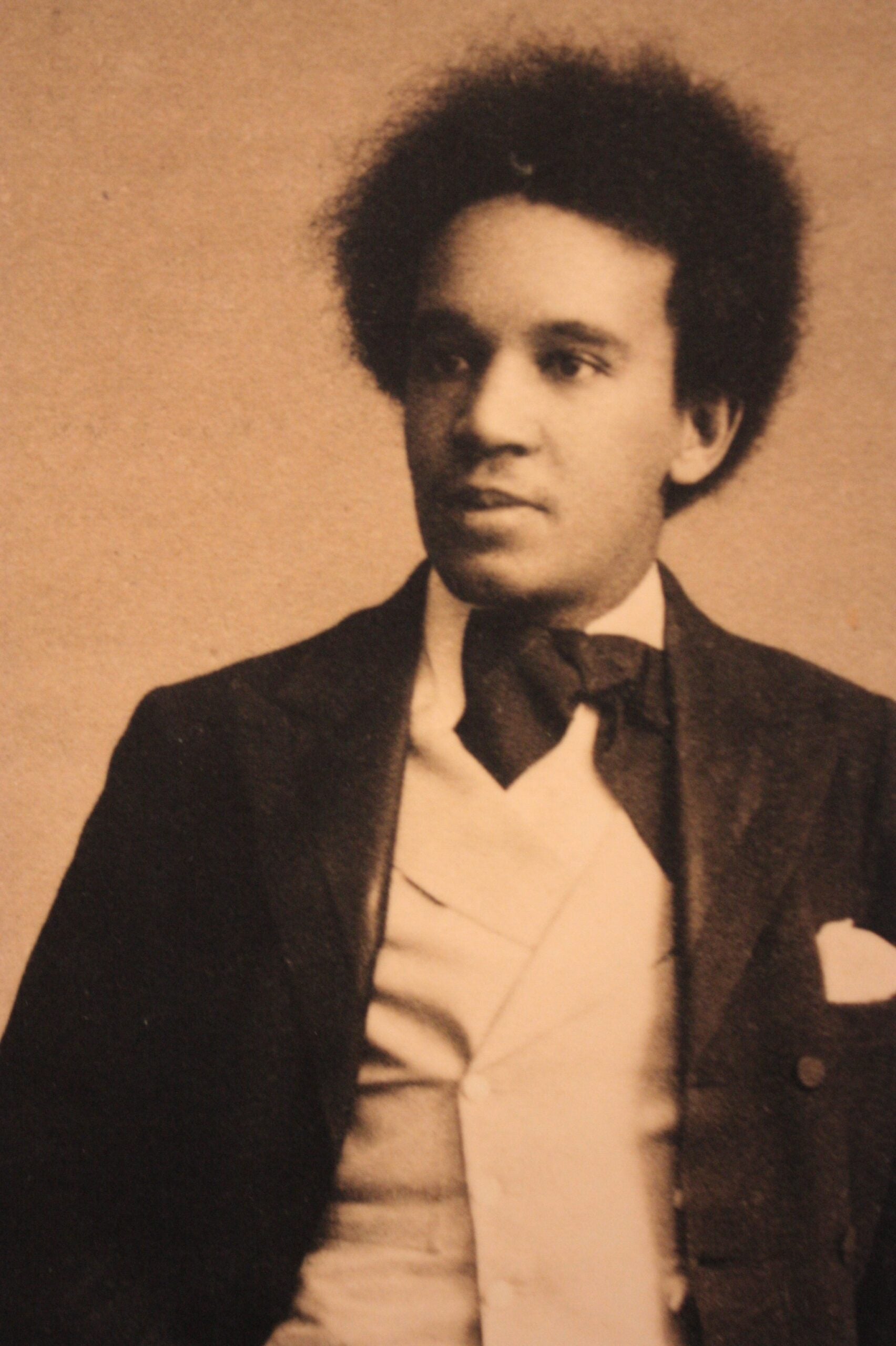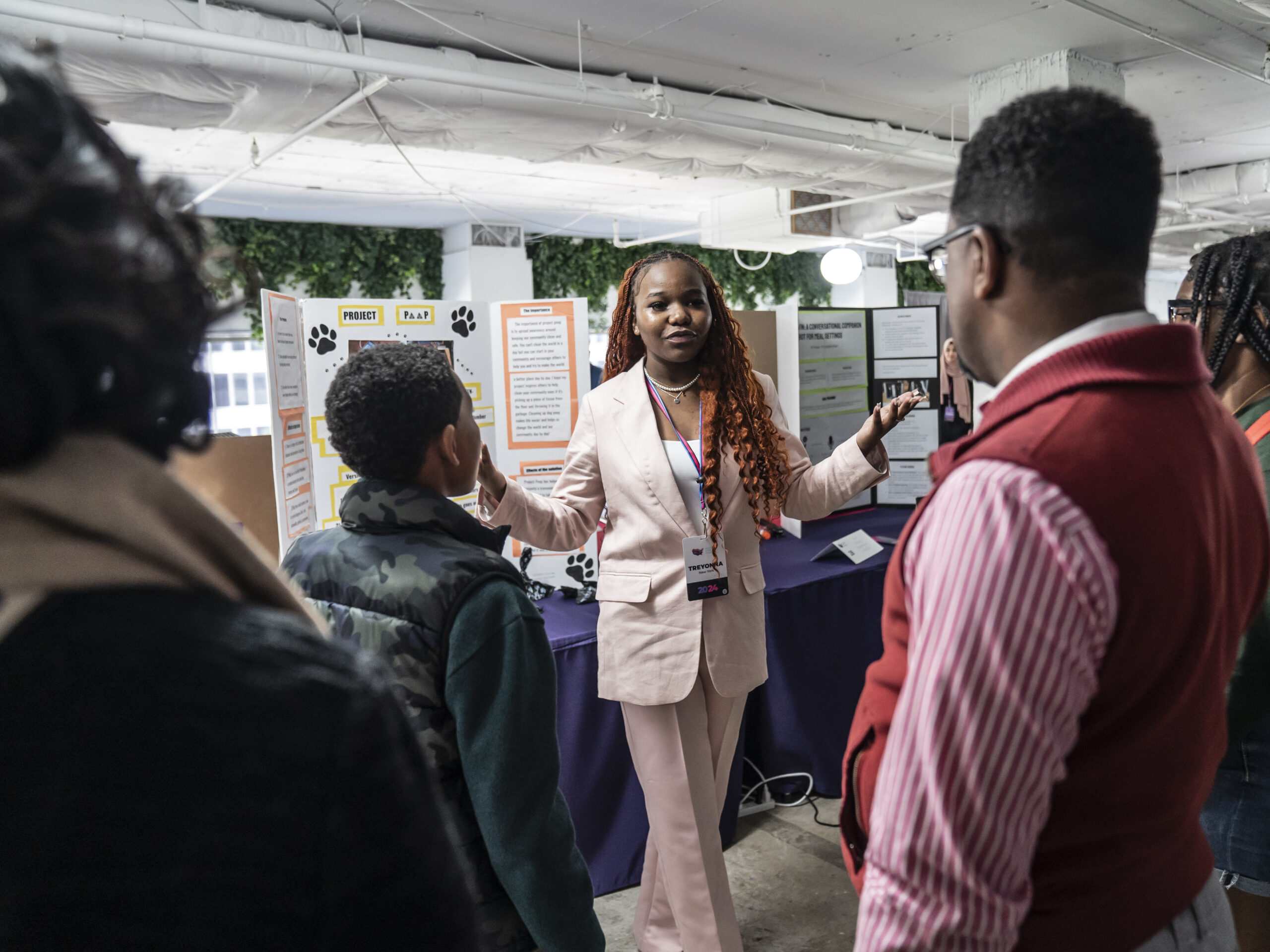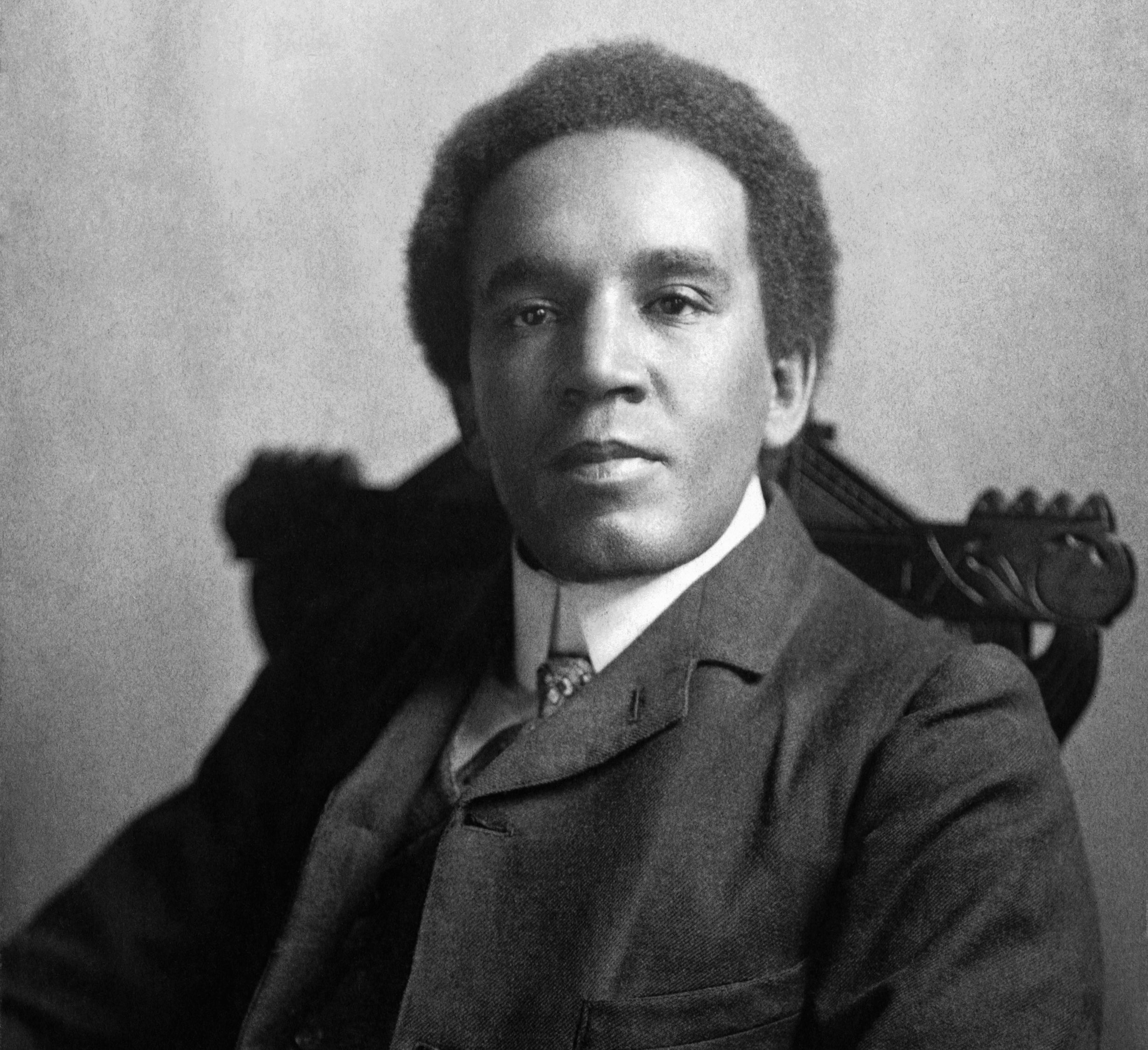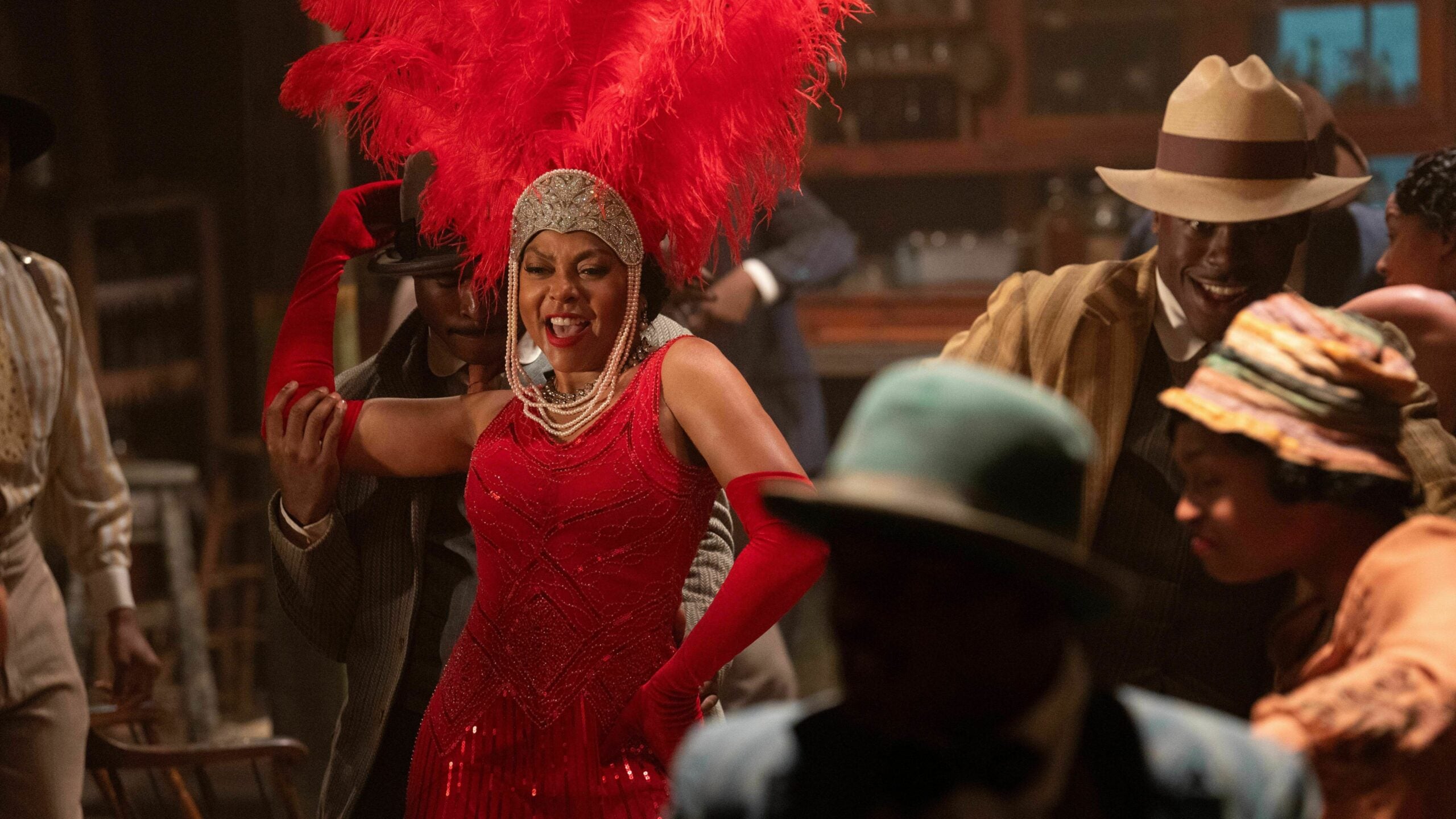Samuel Coleridge-Taylor, the son of a West African and an Englishwoman, became a world-famous composer and conductor by the age of 30. In the fall of 1904 he was touring the United States by train, conducting performances that drew thousands. But one thing about America troubled him. When he returned to London he spoke to an interviewer about it.
“As soon as people found out I was English,” he said, “they were quite different. Of course, at first they could not reconcile the absence of the Yankee twang in a man of color like myself. At the same time, I was sorry for colored people generally. I heard some pitiful stories about their treatment. I met a young colored lady of great educational attainments and of refined tastes. She was traveling south of Washington, and was turned out of the car. Colored people and white are separated when traveling on the other side of a line drawn south of Washington.
“Other indignities, too, were perpetrated, for which there was absolutely no redress. Think of it if the aggrieved parties were whites! When I go to Tuskegee, it will be in Mr. Booker Washington’s own private car, and consequently I shall avoid being insulted. What is so deplorable to me is that there is as yet very little discrimination between the educated and decent-minded black and the idle and semi-civilized man of color. This, understand me, is from an English point of view. And the fact is, no Englishman can get quite inside the question, it is really so subtle.”
In traveling from Washington to Chicago, Coleridge-Taylor found that there was one kind of equality on American trains. “Human life,” he remarked, “seems very cheap when in transit. I happened to pass the scenes of three recent smashes. Naturally I did not trust myself with blithesome confidence to the tender mercies of the railway staff and the rolling-stock.
Stay informed on the latest news
Sign up for WPR’s email newsletter.
Composer Samuel Coleridge-Taylor commenting on the difficulties of travel during his American tour of 1904.
Wisconsin Public Radio, © Copyright 2024, Board of Regents of the University of Wisconsin System and Wisconsin Educational Communications Board.





